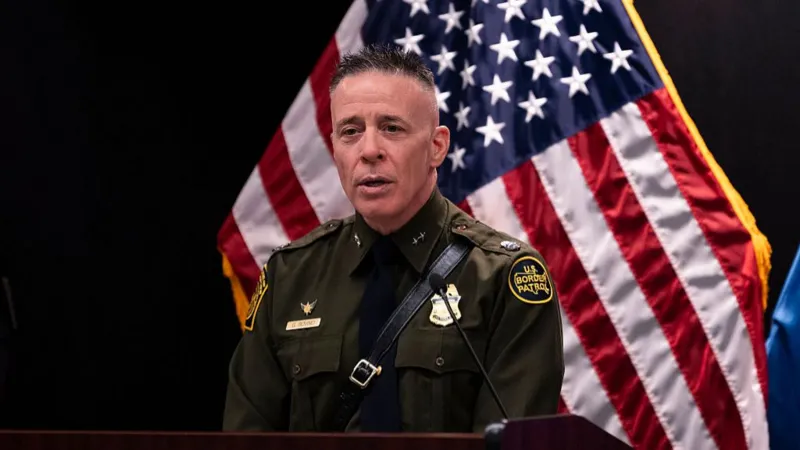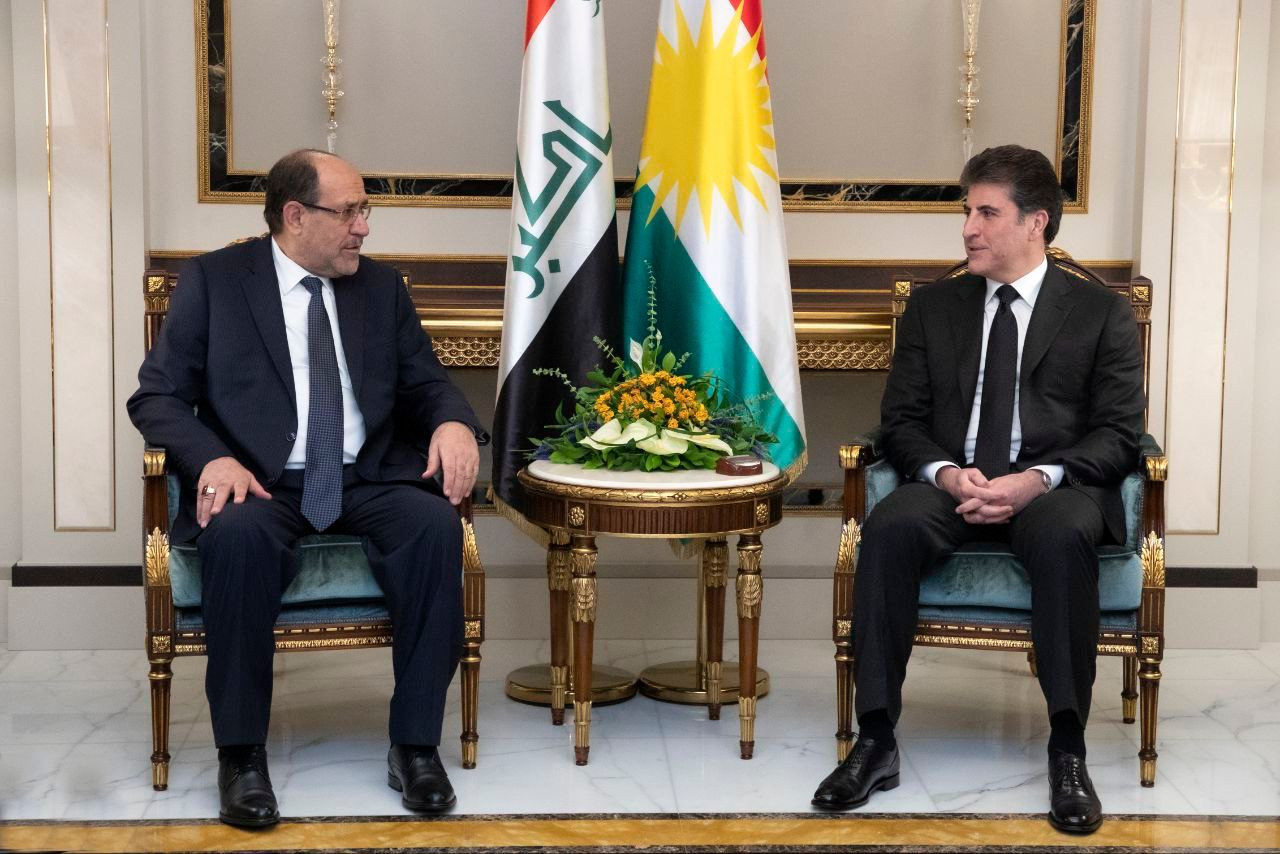Kushner, the modern-day Kissinger, shows how business trumps diplomacy
Trump’s son-in-law used deal-making acumen to get Gaza peace over the line in way that would have pleased former king of realpolitik

When Jared Kushner met Henry Kissinger in 2016, he prepared a memo for Donald Trump’s presidential campaign, distilling the diplomat philosopher’s words into bullet points.
Avoid giving yes or no answers to complex diplomatic suggestions was one of the nuggets. And always try to work out whether the person on the phone holds real power or is just using you to build influence at home.
It was the start of Mr Kushner’s training in diplomacy that this week saw him deliver a breakthrough in the Middle East and a deal that could end the conflict in Gaza.
His use of business acumen to leverage competing interests has silenced critics who once ridiculed his lack of diplomatic experience, and drawn favourable comparison with the statesman he approached for advice nine years earlier.
Mr Kushner and Kissinger kept up a conversation after that first meeting. So it was natural that Time Magazine turned to the 93-year-old veteran of world affairs for a blurb when it added Mr Kushner to its list of 100 most influential people.
Kissinger, who worked for two presidents and advised 10 more, leaned into the master-and-apprentice dynamic.
“As a graduate of Harvard and NYU, he has a broad education; as a businessman, a knowledge of administration,” he said. “All this should help him make a success of his daunting role flying close to the sun.”
Critics sneered, saying the man who once bestrode the globe was damning Mr Kushner with faint praise.
Comparisons soon followed, however.
“Kushner is apprenticing for the role of Trump’s Henry Kissinger,” wrote David Ignatius in the Washington Post. “He’s the secret emissary, the evaluator of talent, the whisperer of confidential advice.”
This week, Mr Kushner stepped further into the Kissinger role, delivering an extraordinary diplomatic victory for Mr Trump, his father-in-law.
With Steve Witkoff, the US president’s Middle East envoy, he put the finishing touches to a deal that will free the remaining hostages in Gaza, pull Israeli troops from parts of the territory, and could reset relations throughout the region.
It came at the end of a gruelling 20-hour day of negotiations. JD Vance, the vice-president, took delight in pointing out the hardships they had to endure, including a night in a budget hotel.
“What Jared never told anyone is that he also stayed at a Holiday Inn Express last night,” Mr Vance posted.
Mr Kushner and Mr Witkoff – both New York property developers with limited experience in international affairs – were sent for the final stage of talks to end the war.
Although Mr Kushner has been more distant during Mr Trump’s second term than his first, the peace deal cements his reputation as the indispensable fixer. A modern-day Kissinger.
Yet the differences run deep.
Mr Kushner had no formal experience in government or foreign policy when he took on an unpaid role in Mr Trump’s first administration. His main qualification was that he was married to Ivanka Trump, the president’s daughter.
He came from wealth – his father Charles was a billionaire real-estate developer and donor to pro-Israel causes.
Mr Kushner was quickly immersed in the cause, even giving up his bed and sleeping in the basement so that Benjamin Netanyahu, the Israeli prime minister, could spend the night at their home in Livingston, New Jersey.
He was a decent if not stellar student, according to a 2006 book titled Price of Admission. It revealed that his father made a $2.5m pledge to Harvard University shortly before his son took up a place.
In contrast, Kissinger and his family arrived in the US before the Second World War as Jewish refugees fleeing Nazi persecution.
Kissinger also studied at Harvard. But he became a political scientist with a PhD thesis examining power dynamics between 19th-century European states. He worked for think tanks, published books on nuclear weapons and foreign policy, and advised the presidential campaigns of Nelson Rockefeller, the then governor of New York, before being appointed national security adviser by president Richard Nixon.
It put him at the heart of the Cold War rivalry between the US and the Soviet Union, playing out his brand of realpolitik on a global chessboard.
Democracy and human rights were set to one side. Instead, conflicts and challengers were played off against each other in pursuit of American interests.
He was instrumental in Washington’s rapprochement with China in the early 1970s, for example, as a way of gaining a geopolitical advantage over the Soviet Union.
Critics say the approach led him into the biggest mistake of his career. He expanded the Vietnam War into bombing raids on neutral Cambodia to deprive the communists of troops and supplies, sucking the US further into an unwinnable quagmire.
Yet after negotiating the US withdrawal from South Vietnam, in an extraordinary twist of irony, he was awarded the 1973 Nobel Peace Prize.
The differences in backgrounds and the changed global context disguises their strategic similarities, according to Alex Gray, who worked with Mr Kushner during the first Trump administration.
“They both have extremely broad strategic visions that generally extended further than most of their peers; they both saw opportunities to advance US interests that others didn’t see or couldn’t see,” said Mr Gray, chief executive of American Global Strategies.
“And they both understood how to use power both within the US government and overseas to advance their vision for American foreign policy.”
Both Mr Kushner and Kissinger were immersed in the Middle East and its simmering conflicts.
The term “shuttle diplomacy” was invented for Kissinger’s hectic travel as he carried messages back and forth between the two sides to end the 1973 Arab-Israeli war.
In the first Trump term, Mr Kushner was the driving force behind the Abraham Accords.
It was an outside-in approach to solving conflicts in the Middle East. Instead of starting with the Palestinian question and trying to devise a world where two peoples could live side by side, the starting point was a regional realignment.
It harnessed Gulf anxiety about Iran to persuade Arab states to normalise relations with Israel, emphasising the economic and technological possibilities of friendlier ties.
Like Kissinger, Mr Kushner set aside the rights and wrongs to leverage interests, said Steve Bannon.
“Kissinger looked at the world through great-power politics with diplomacy as the instrument of choice,” the former White House chief strategist said.
“Jared is a businessman, the Abraham Accords is a business deal.
“He looks at commercial relationships and capital markets. It’s smart and it’s very real in the Gulf in this moment.
“This mindset allowed Trump to unite the Arabs more than TE Lawrence.”
Kissinger was always a controversial figure. His ability to profit from his expertise and global contacts was often the cause of friction.
After leaving government, he deployed his Rolodex of kings and presidents for Kissinger Associates, the geopolitical consultancy firm he founded. It took on major banks, oil companies, and defence contractors as clients. Kissinger’s speciality was helping them enter awkward markets such as China, Russia and the Middle East.
For Mr Kushner, the businessman, it was private equity. After the first Trump term he launched Affinity Partners.
Its coffers were bolstered by a $2bn investment from Saudi Arabia’s Public Investment Fund, which is controlled by Mohammed bin Salman, the crown prince with whom Mr Kushner worked closely on Middle East peace deals.
It is just another example of how two very different figures with very different approaches to international affairs, but with similar levels of influence, managed to blur the line between diplomacy and deal-making.
[Source: Daily Telegraph]






















/file/attachments/orphans/taku-transport_666718.jpg)
































